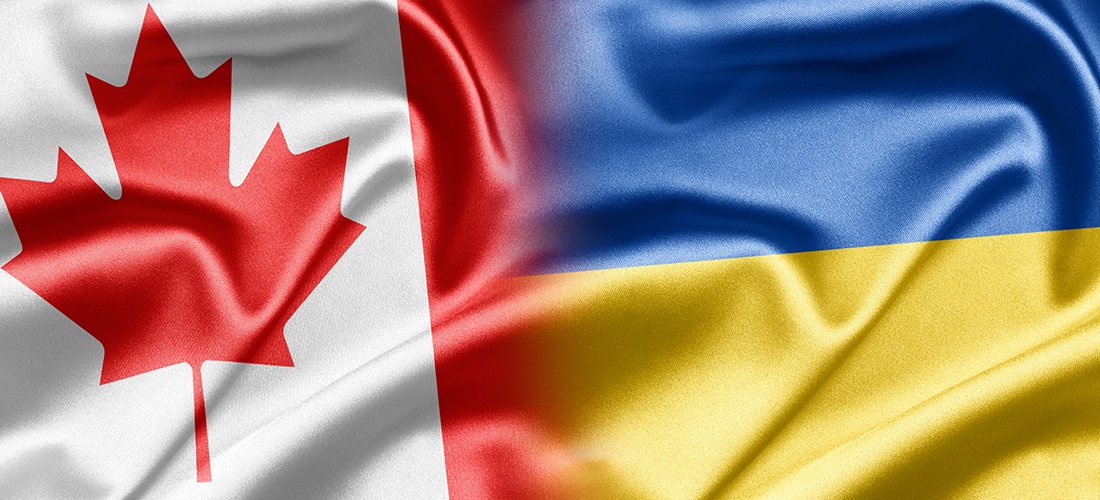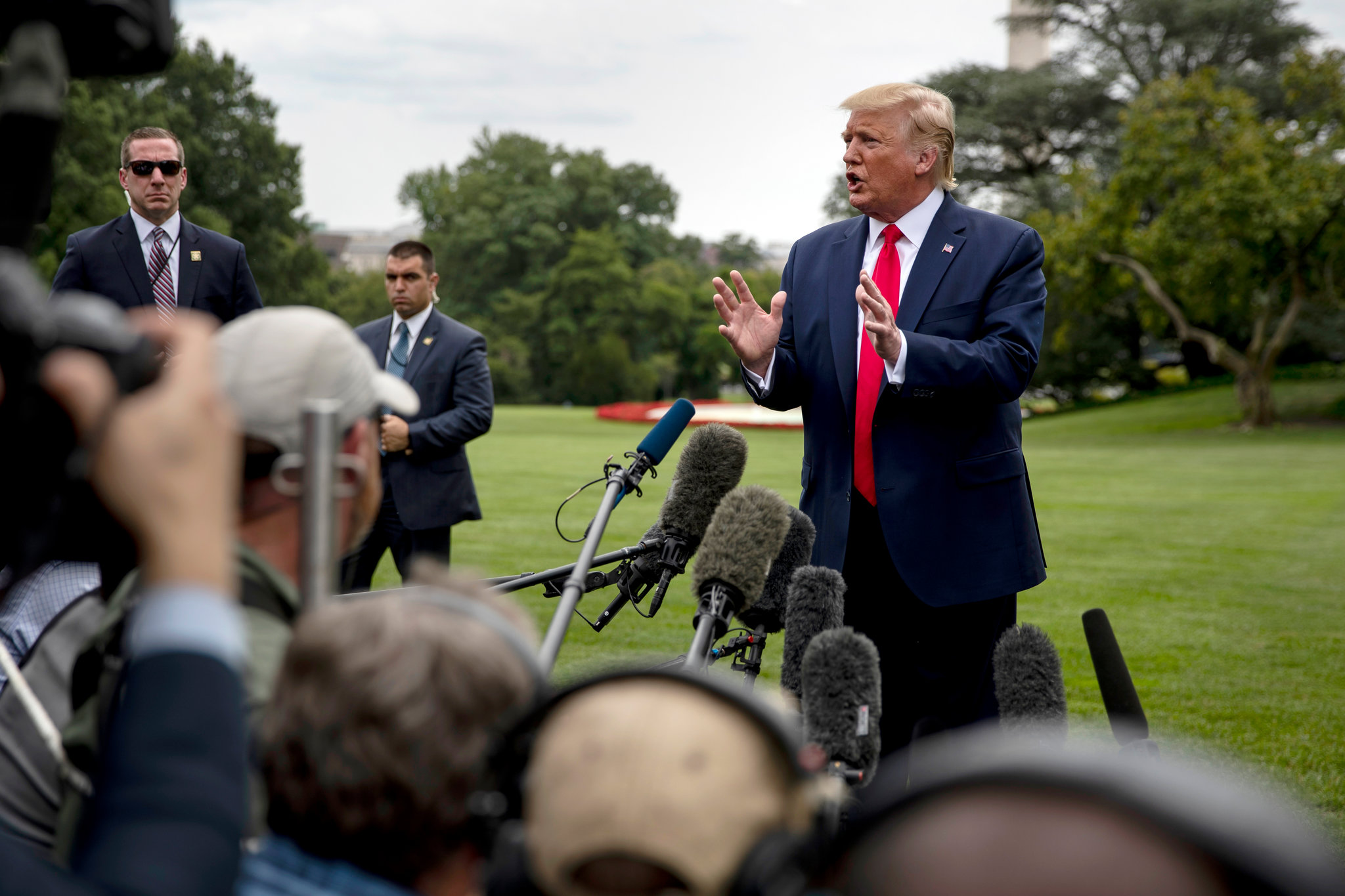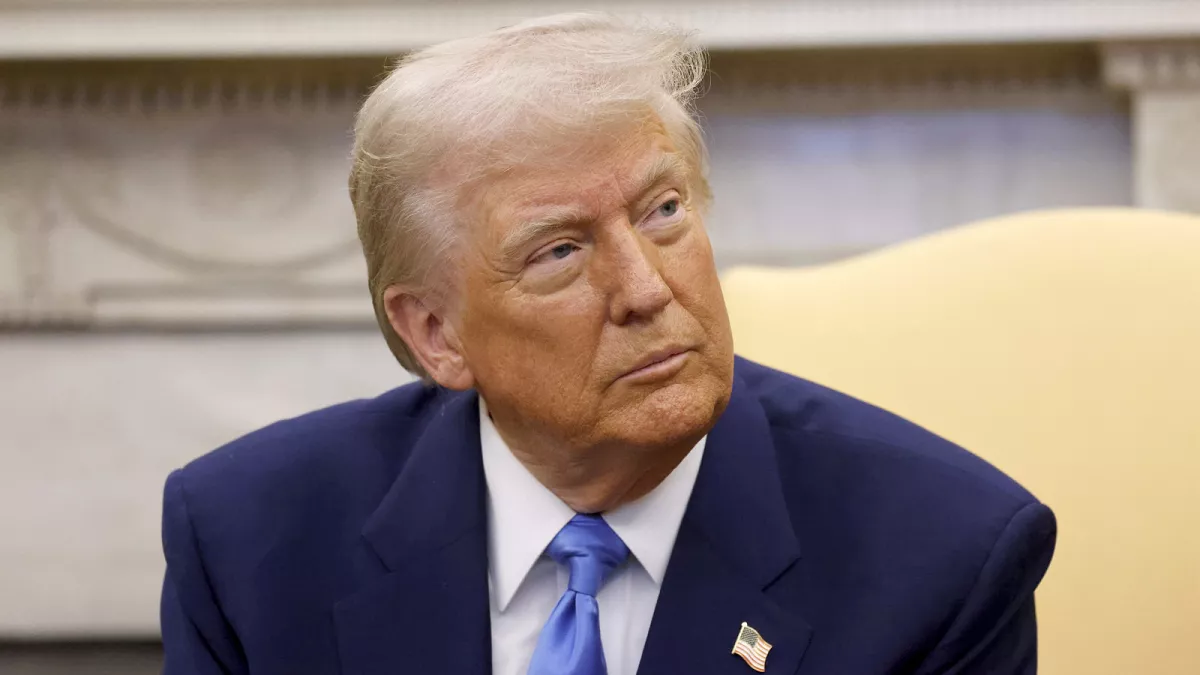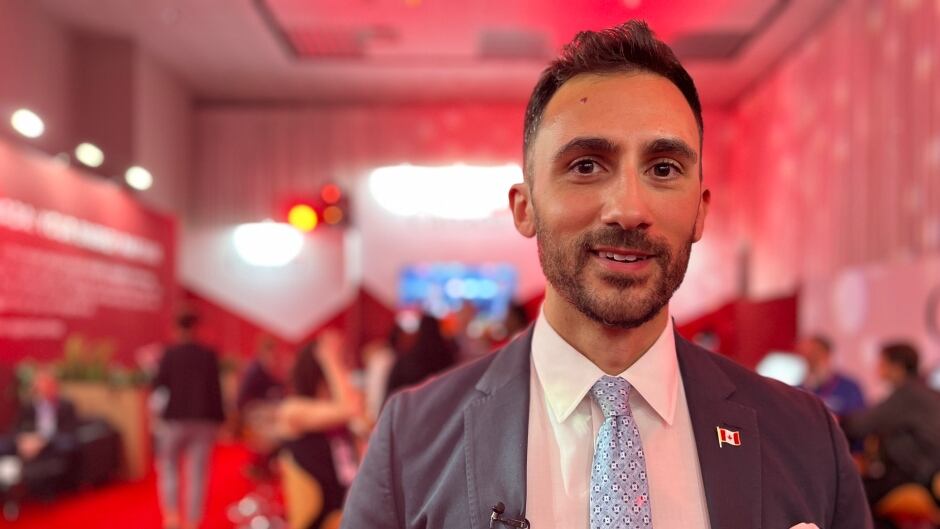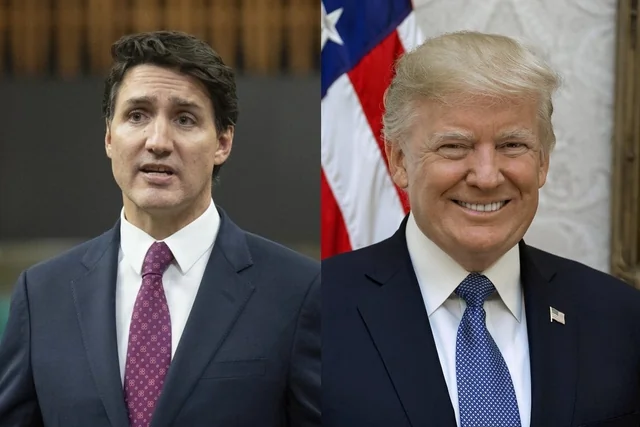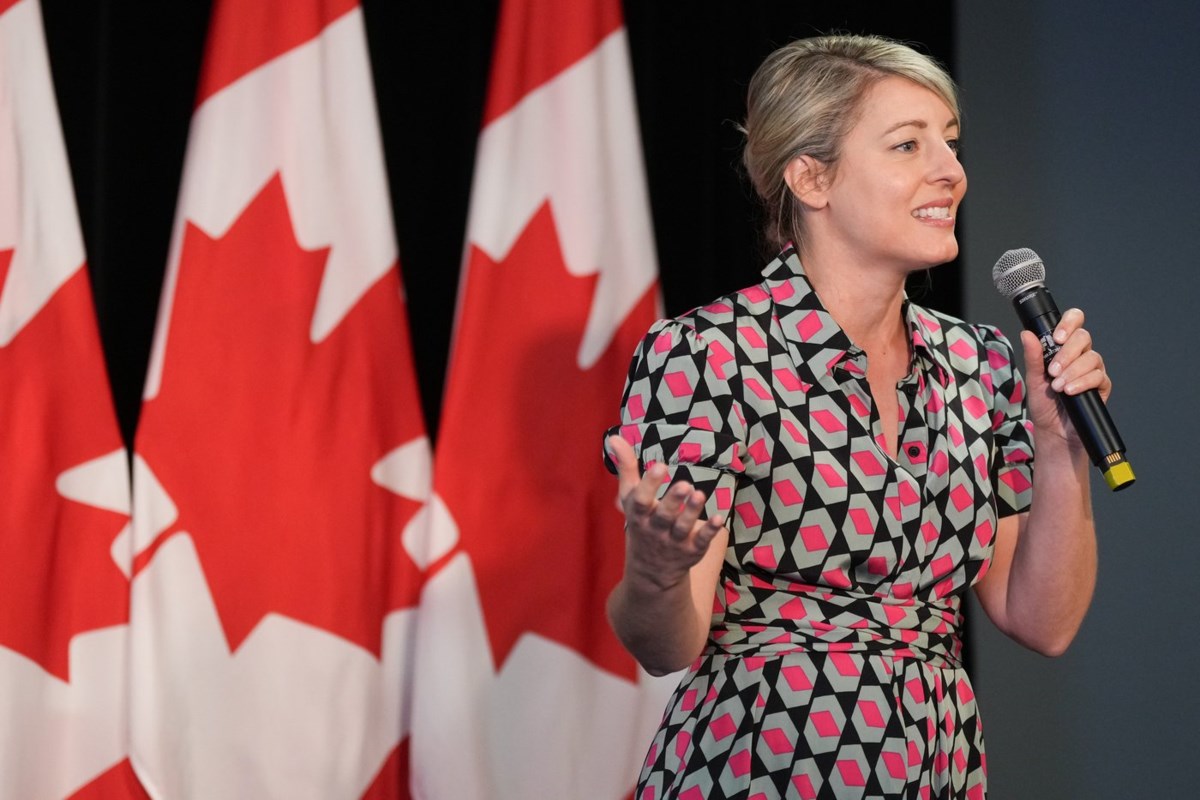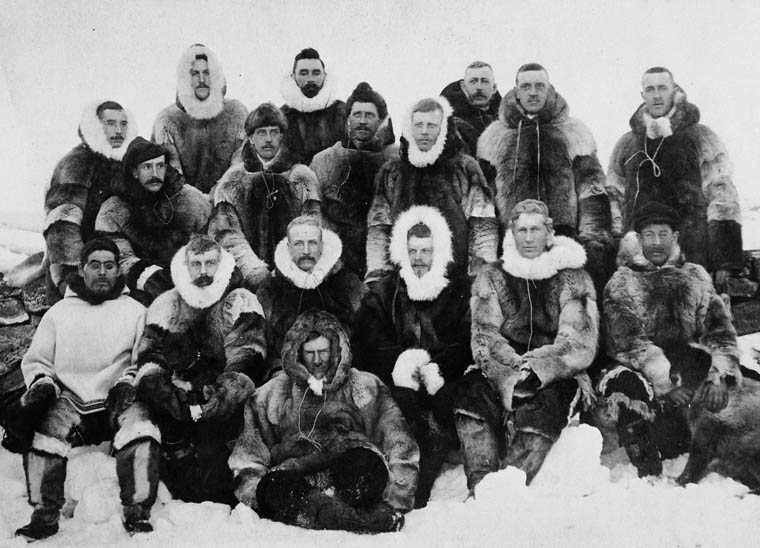Canada is prepared to send troops to support the peacekeeping force led by Britain and France, contingent on a ceasefire in Ukraine, Defence Minister Bill Blair confirmed on Wednesday.
Blair made the statement during the Conference of Defence Associations Institute annual forum in Ottawa.
After a recent meeting of allied nations in London, Prime Minister Justin Trudeau indicated that Canada was exploring the most effective ways to contribute, acknowledging that all options remain under consideration.
Blair went further in his comments, revealing that active discussions are currently ongoing regarding Canada’s involvement.
“Canada is ready and able to contribute to that force,” Blair told reporters after his speech. “However, we believe that important discussions about security guarantees for Ukraine and foreign forces are necessary.”
The initiative, led by U.K. Prime Minister Keir Starmer, gained traction after a contentious public disagreement between U.S. President Donald Trump and Ukrainian President Volodymyr Zelenskyy in the Oval Office.
The peacekeeping mission, backed by the U.K. and France, could involve several European nations providing boots on the ground in eastern Ukraine, assuming a ceasefire or peace agreement is reached. The goal would be to have a Western presence that could deter Russian President Vladimir Putin from rearming and attempting to take full control of Ukraine.
However, the mission’s success depends on securing security guarantees, particularly from the United States. The lack of such guarantees in a mineral deal between the U.S. and Ukraine was a key factor in the public dispute between Trump and Zelenskyy.
Starmer has indicated that the U.K., France, and Ukraine are working on a peace agreement that could soon be presented to the U.S. government.
In response, U.S. Vice-President JD Vance dismissed the peacekeeping force, arguing that an American economic stake in Ukraine offered better security than having “20,000 troops from some random country that hasn’t fought a war in 30 or 40 years.”
Vance’s comments sparked outrage in the U.K. and among U.S. Democrats. His statement overlooked the fact that Canadian, British, and French forces fought alongside American troops in Afghanistan, with Britain also joining the U.S. in the Iraq invasion.
The “coalition of the willing” approach would allow these NATO members to work together outside NATO’s formal structure, bypassing political disagreements within the alliance. Notably, Hungary and Slovakia have adopted pro-Russian stances, complicating consensus among NATO allies.
Thus far, Russia has rejected the idea of any peacekeeping mission, whether from NATO, the European Union, or other forces.
The Baltic states—Latvia, Lithuania, Estonia, and Finland—have expressed interest in joining the initiative, and Australian Prime Minister Anthony Albanese has recently stated that his country is open to contributing peacekeeping troops to Ukraine.

